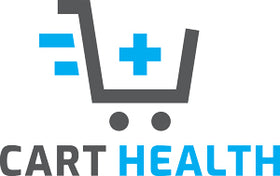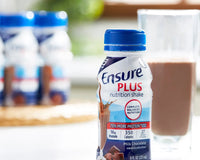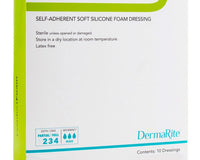Understanding the unique nutritional need for elderly individuals is the cornerstone of maintaining their health and wellbeing. As we age, our bodies undergo a variety of changes that can impact appetite, digestion, and nutrient absorption. Factors such as a decreased sense of taste and smell, dental issues, and slower metabolic rates can significantly affect an elderly person's food choices and dietary intake. Ensuring that seniors receive adequate nutrition is critical to prevent malnutrition, manage chronic diseases, and sustain a healthy immune system.
Proper nutrition for the elderly is not just about calorie intake; it's also about choosing the right types of foods that are rich in the vitamins and minerals necessary to support an aging body. However, it can be a challenge to meet these needs due to limited mobility, financial constraints, and other health concerns that may limit their ability to shop for and prepare healthy meals.
At Cart Health, we understand these challenges and are here to support you. Order online here for convenient shopping and doorstep delivery of the essential nutritional products tailored specifically for the unique needs of the elderly.
Understanding the Dietary Requirements of Seniors
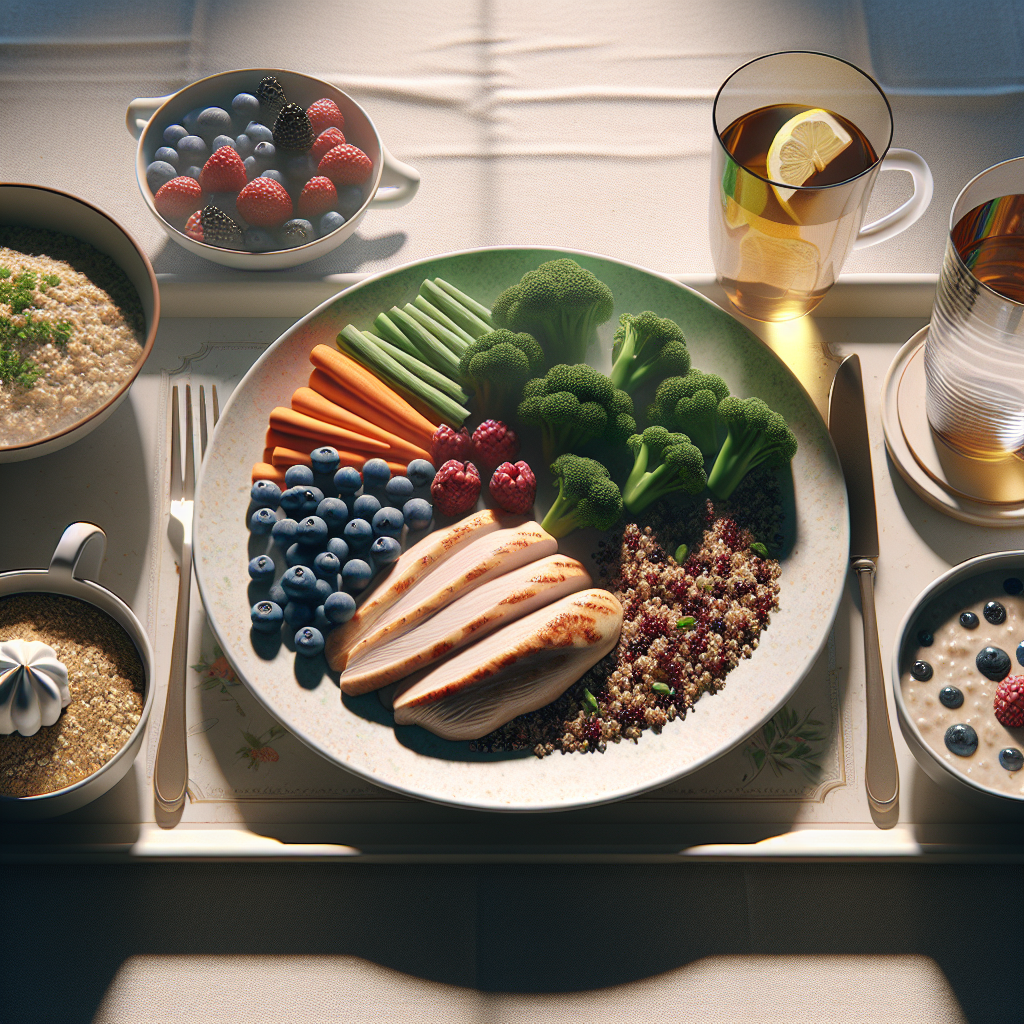
The dietary requirements of seniors differ markedly from those of the younger population, primarily because of physiological changes that come with aging. It is important to understand that seniors need a well-balanced diet rich in certain nutrients to maintain muscle strength, bone health, and overall vitality. Key components of a senior's diet should include lean proteins, carbohydrates, fibers, vitamins, and minerals.
- Proteins are vital for preserving muscle mass and repairing tissues. Options like lean meats, beans, and tofu are excellent sources.
- Carbohydrates provide essential energy. Whole grains, such as oatmeal, quinoa, and brown rice, are preferable over processed carbs.
- Fibers help in maintaining digestive health and can be found in fruits, vegetables, and whole grains.
- Seniors also need higher amounts of certain vitamins and minerals, such as calcium for bone health, vitamin D for calcium absorption and immune function, and B vitamins for energy production and cognitive health.
Moreover, hydration is a critical aspect of the dietary requirements for seniors. The sensation of thirst diminishes with age, which can lead to dehydration. Therefore, elderly individuals should be encouraged to drink fluids regularly throughout the day, even if they do not feel thirsty. Special attention to the intake of water and other hydrating liquids like herbal teas is essential.
Adjusting the texture and consistency of foods may also be necessary for those with chewing or swallowing difficulties. Soft foods and liquid-based meals like soups and smoothies can be beneficial in such cases.
Key Nutrients and Their Importance for Elderly Health
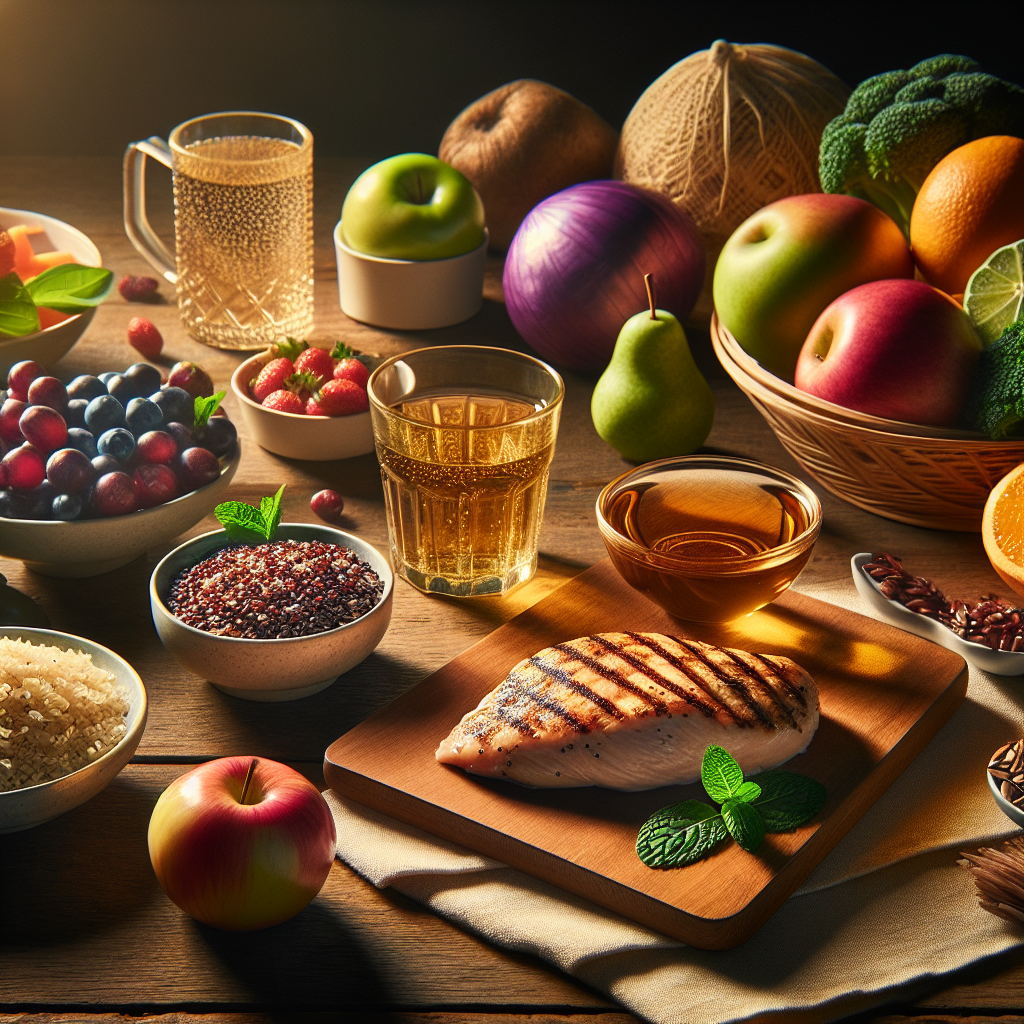
As individuals age, their bodies require fewer calories, yet the need for certain nutrients increases. Understanding the key nutrients and their importance is crucial for maintaining elderly health and preventing age-related conditions.
- Calcium and Vitamin D: These nutrients work in tandem to preserve bone density and prevent osteoporosis. Dairy products, leafy greens, and fortified foods are good sources.
- Vitamin B12: Essential for nerve function and the production of DNA and red blood cells. Vitamin B12 is typically found in animal products, and supplementation may be necessary for some seniors.
- Potassium: It helps regulate fluid balance, muscle contractions, and nerve signals. A diet rich in fruits, vegetables, and beans can ensure adequate potassium levels.
- Fiber: Beyond aiding digestion, fiber can help control blood sugar levels and has been linked to a lower risk of heart disease. Whole grains, vegetables, and fruits are excellent sources of fiber.
- Omega-3 Fatty Acids: These are crucial for heart health and may also aid in reducing inflammation. Fatty fish, such as salmon and mackerel, as well as flaxseeds and walnuts, are rich in omega-3s.
Other important nutrients include antioxidants, such as vitamins C and E, which combat free radicals and support the immune system, and iron, which is important for preventing anemia.
It's important for caregivers and seniors themselves to be aware that the absorption of some nutrients may decrease with age due to changes in the digestive system. Therefore, elderly individuals may require higher doses of certain vitamins or minerals, either through diet or supplements. Consulting with a healthcare provider is essential to tailor a nutritional plan that meets the unique needs of each senior.
Practical Tips for Enhancing Elderly Nutrition
Enhancing nutrition for elderly individuals involves more than just knowing what to eat. It's about making dietary adjustments that are both practical and sustainable. Here are some tips to help caregivers and seniors themselves improve nutritional intake:
- Emphasize nutrient-dense foods: Choose foods that are high in nutrients but lower in calories, like fruits, vegetables, lean proteins, and whole grains.
- Encourage regular, balanced meals: Consistent meal times can help regulate appetite and ensure a steady intake of nutrients throughout the day.
- Focus on hydration: Older adults often have a diminished sense of thirst, making dehydration a concern. Encourage the consumption of water, herbal teas, or other non-caffeinated beverages.
- Modify food textures: If chewing or swallowing is a challenge, consider softer foods or use a food processor to make it easier to consume the necessary nutrients.
- Enhance flavors without salt: Taste buds may dull with age, but instead of adding salt, which can lead to health issues, use herbs and spices to make meals more appealing.
Additionally, creating a pleasant eating environment can greatly improve a senior's appetite and enjoyment of food. Eating with others, setting an attractive table, and ensuring there is ample time to eat without rushing can all contribute to better nutritional habits.
For those who may struggle with grocery shopping or meal preparation, services that deliver healthy, ready-to-eat meals can be a valuable resource. Caregivers can also assist by helping to plan meals, shop for ingredients, and prepare dishes that meet the nutritional need for elderly individuals.
Creating a Balanced Meal Plan for Older Adults
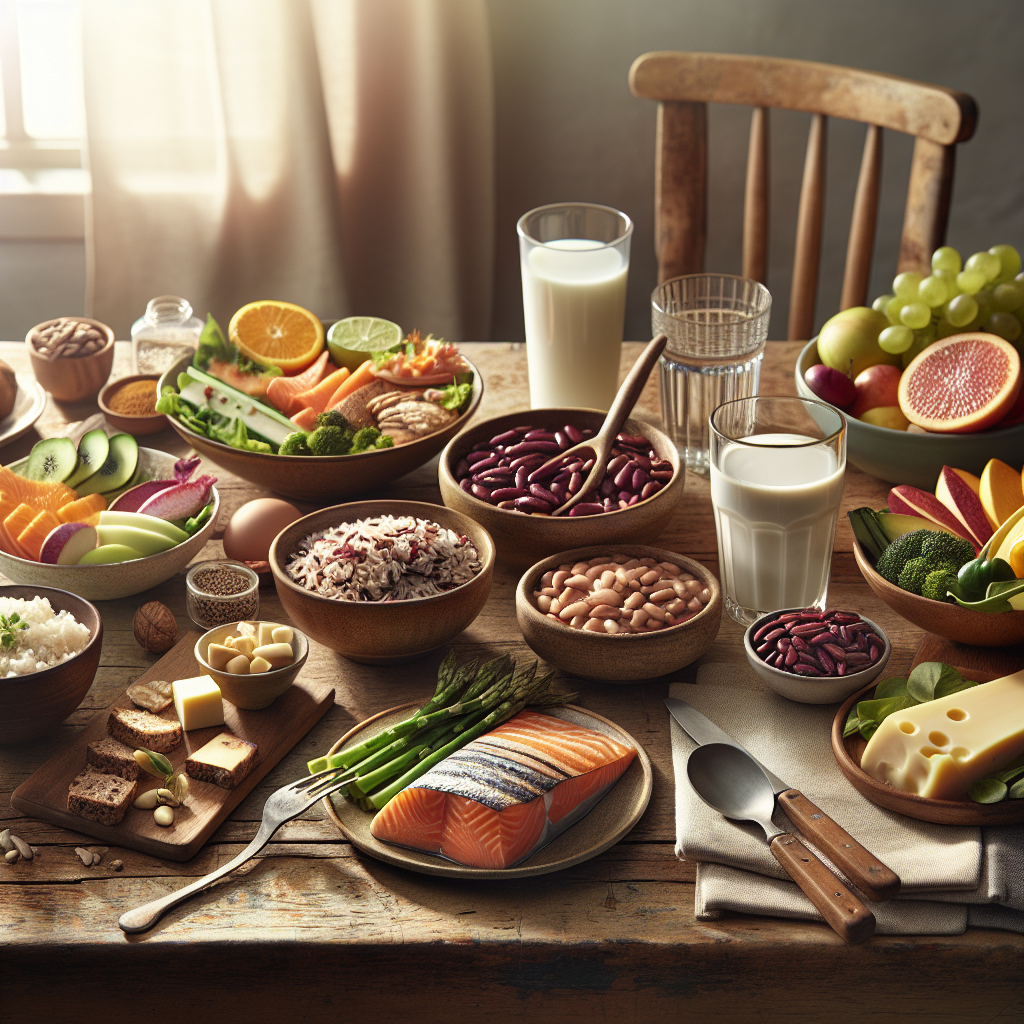
Creating a balanced meal plan for older adults is a crucial step in ensuring they meet their daily nutritional needs. It involves considering not just the quantity of food, but also the quality and variety to provide all necessary vitamins and minerals. Here's how to structure a meal plan that caters to the nutritional need for elderly individuals:
- Include a variety of food groups: Each meal should have a good balance of fruits, vegetables, grains, protein, and dairy or dairy alternatives to cover all essential nutrients.
- Proportion meals appropriately: Half the plate should be fruits and vegetables, one quarter should be whole grains, and the remaining quarter should be a source of lean protein.
- Account for dietary restrictions: Many older adults have dietary restrictions due to health conditions. Ensure that meal plans are adapted to accommodate these needs, such as low sodium for hypertension or soft foods for dental issues.
- Plan for snacks: Healthy snacks can help maintain energy levels between meals. Options like yogurt, nuts, or sliced fruit are excellent choices.
Additionally, it's important to consider the individual's preferences and lifestyle. Meal plans should be flexible to accommodate personal taste, cultural traditions, and social activities that involve food. This personalization helps ensure that the meal plan is not only nutritious but also enjoyable and adhered to.
An effective meal plan for an older adult should also be reviewed and updated regularly to reflect any changes in health status or activity level. Regular consultation with a dietitian or healthcare professional can provide tailored advice and adjustments to the meal plan as needed.
Addressing Common Dietary Concerns in the Elderly
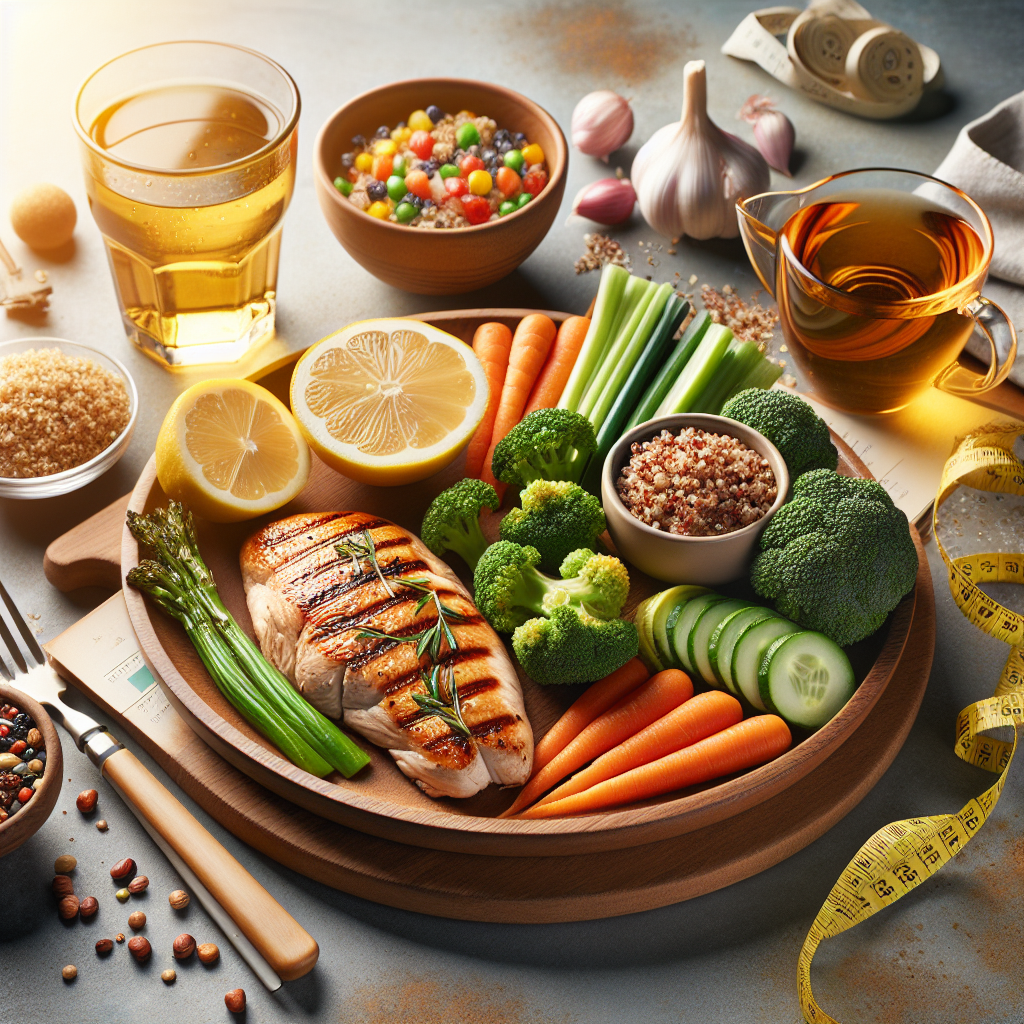
Addressing common dietary concerns in the elderly is a critical component of maintaining their health and wellness. As we age, our bodies undergo changes that can impact appetite, digestion, and the ability to absorb nutrients. Common concerns include:
- Dehydration: Older adults may become dehydrated more easily due to a diminished sense of thirst. Ensuring adequate fluid intake is essential, and incorporating soups, fruits, and other hydrating foods can help.
- Difficulty chewing or swallowing: Dental problems or decreased saliva production can make eating challenging. Soft foods and those that are easy to chew, like stews and casseroles, are beneficial for those with such issues.
- Altered metabolism: Metabolism slows down with age, which can lead to weight gain. Portion control and a focus on nutrient-dense foods are important strategies to manage weight.
- Nutrient absorption: The ability to absorb certain nutrients decreases with age. Vitamin B12, calcium, and vitamin D are often areas of concern, and supplementation may be necessary.
It's imperative to address these dietary concerns to prevent malnutrition and promote a better quality of life. Regular monitoring by healthcare professionals, along with adjustments to diet and lifestyle, can make a significant difference. If you're a caregiver or an elderly individual looking for tailored nutritional products or solutions to meet specific dietary needs, Order online here for convenient shopping and doorstep delivery! We're here to support you every step of the way in managing and optimizing the elderly diet for health and vitality.
Remember, at Cart Health, our commitment is to your unique health situation. For specialized assistance and a personalized approach to your nutritional needs, reach out to us. Join the Cart Health family to experience the difference we can make in meeting your nutritional needs for the elderly.
